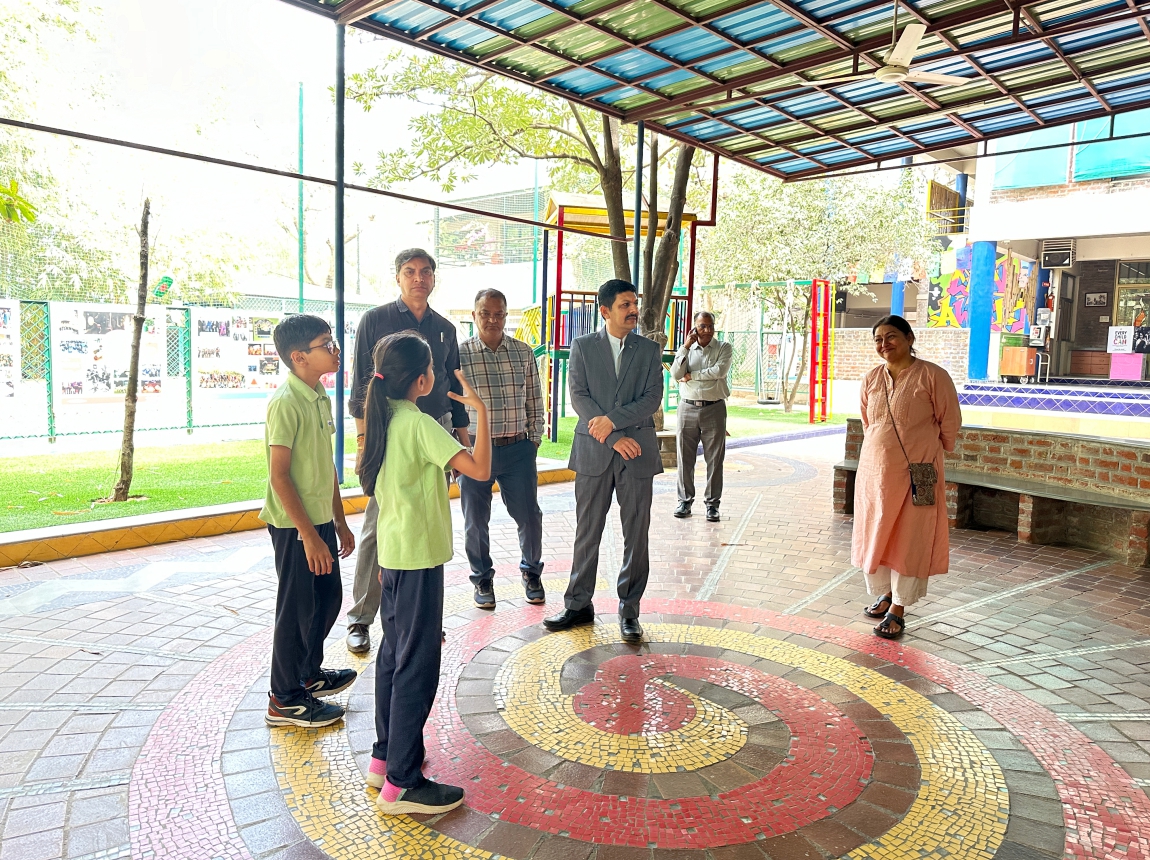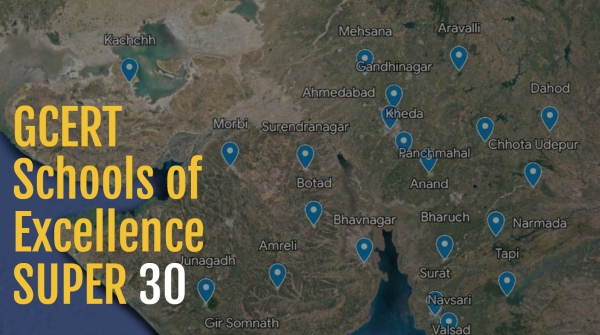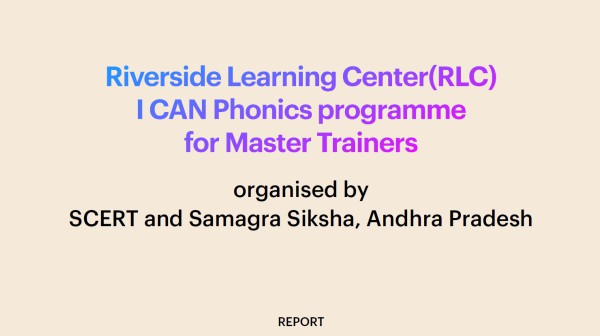Login
GOVERNMENT PARTNERSHIP PROGRAMS
Riverside Learning Center collaborates with government entities to foster systemic change in education through two flagship initiatives: the Leadership Bootcamp and the Train-the-Trainer model. These programs equip leaders with the skills and knowledge to implement innovative educational practices and create lasting impact within their institutions.

OUR PROGRAMS
TRAIN THE TRAINER MODEL
By equipping government leaders with effective teaching strategies and deep pedagogical insights, these leaders are empowered to train others, ensuring widespread adoption of best practices. This scalable approach fosters systemic change, driving improvements in teaching quality and educational outcomes. Continuous support ensures that these practices create lasting, positive impacts on education systems, giving every child access to high-quality, innovative learning environments.
OUR TRAINING PROCESSES
This video will offer you a glimpse of how each Process has been painstakingly documented to give leaders and teachers a very clear road map of change. Each pack has videos, insights, research and resources that are used by the RLC team for training as well as logins for schools that sign up for our flagship programmes.
OUR TRAINING METHODOLOGY
-
PLENARY
A Plenary offers participants an opportunity to see the ‘purpose of their practice’ and how the training they are about to embark will make visible the ‘why’ and ‘who’ of the ‘what’ and ‘how’. It is always conducted by the leadership team at Riverside
Participants have shared that the plenary is a great introduction to the bigger picture of education and the role it plays in building empowered citizens who believe in the greater good.
-
SCHOOL TOUR
The school tour (conducted by the children at Riverside) is a way to ‘see’ and experience first hand, the I CAN Mindset and HumanE Culture at work. It is a time for participants to meet and interact with the primary stakeholder of education – the child, and to anchor all their training with the promise of what is possible.
Participants have remarked that ‘meeting’ the children right at the beginning of their training gives them confidence that ‘this is possible’!
-
MASTERCLASS
A Masterclass is a time for participants to be inspired – and it is conducted by Masters in their respective fields – sport, theater, social entrepreneurship etc – and to see passion and purpose in domains outside of education.
Participants have always shared that the Masterclass has opened up their worldview and offered them perspective on values such as ‘stamina’ or ‘hard work’ or ‘humility’ and have found insights and lessons for their own practice.
-
CLASSROOM OBSERVATION
”Show’, not ‘Tell’ – this is the premise of this practice – all participants have the opportunity to ‘see’ their training of the processes in practice by observing seasoned and experienced educators at work. They will also have the opportunity to have a ‘debrief’ session with the educators to take insights and lessons from them.
Participants share that observing the theory in practice gives them immediate tips to add to their toolbox of strategies.
-
WORKSHOPS / DRY RUN
The processes and skill workshops are at the very heart of the training – giving participants an immersive and experiential way to understand the relevance of each process along with tips and strategies to contextualize. It includes case studies, planning and a ‘dry run’ to help the participant build confidence and clarity.
Participants have found the ‘dry run’ to be very useful to help iron out any questions and concerns they might have to put into practice, the process.
-
STAKEHOLDER MEETINGS
Participants have an opportunity to meet with the stakeholders (parents, students, alumni, teachers, leaders, or staff) to understand how the impact of the processes and practices on the ‘user’. The Q and A session further opens up the space to help clarify any doubts to then leave with confidence on how to contextualize the process in their own school.
Participants have shared that meeting the stakeholders gives them insights on the direct impact of the processes on the user. They find that the stakeholders are able to answer any doubts and queries from a user point.
-
I CAN CHALLENGES
The I CAN challenge gives participants a quick deep dive into the design thinking framework of FIDS to design a process from the ‘user’ point of view.
Participants have often remarked that the challenge helps them understand the power of empathy in the design of solutions.
-
TIMETABLING EXERCISES
The Timetable is the final artefact that translates your intention into action. Very often, the timetable makes visible only ‘subjects’ – but this exercise allows the participants to see this artefact as our ‘conscience’ – which can intentionally timetable for content / character and culture.
Participants have remarked on how this is such a paradigm shift in seeing the timetable in this new light.
-
CLOSING THE LOOP
Since all the processes and practices are human centric, participants go through daily, thoughtful exercises to close the loop and reflect on not only their professional growth but also their personal mind and heart shift. This offers a wonderful time to slow down to go forward.
Participants have found this process as a way to pause and to distill the essence of the day and the practice.
CASE STUDIES
-
GCERT Schools of Excellence, Gujarat
Shares glimpses of the processes Conglom, Congenial, Board Protocol, Thinking Routines, Sparkplugs and Month End Celebration implemented in 30 Schools of Excellence in Gujarat. This project is in partnership with GCERT.
-
1:35
Watch the impact of the RLC training for the Super 30 - Schools of Excellence in Gujarat.
-
APSCERT, Andhra Pradesh
Shares how they implemented the Phonics Program using various languages of learning in 40 schools across Andhra Pradesh.
TESTIMONIALS
-
“Student centred learning strategies that we have learned have been very useful to implement in my school. We enjoyed the discussions and conversations during the training - it helped us get new ideas, and understand new methods of how learning can happen in the classroom.”
- GCERT Schools of Excellence
Gujarat




